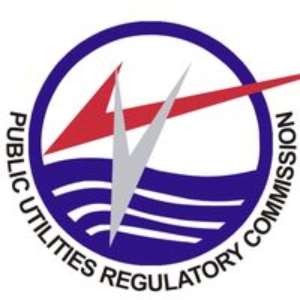
The Association of Ghana Industries (AGI) has expressed serious concern over the latest electricity tariff adjustment, warning that the 2.45% increase could undermine the success of the government’s much-anticipated 24-Hour Economy initiative.
Earlier this week, the Public Utilities Regulatory Commission (PURC) announced the tariff increment, citing key economic pressures including exchange rate depreciation, inflation, rising fuel costs, and increased operational expenses.
But AGI says the timing is problematic and the implications for energy-intensive sectors could be far-reaching.
“If you’re talking about a 24-hour economy, you’re asking industry to work beyond the usual eight hours and continue through the night. That means higher electricity consumption. The cost of power will increase—possibly doubling what we’ve previously paid,” said Tsonam Akpeloo, AGI’s Greater Accra Regional Chairman, in an interview with Citi News.
He stressed that while a 2.5% increase might seem marginal under normal conditions, the real burden on businesses operating through the night could be significantly higher. “A 2.5% increase under normal production is one thing, but with extended hours, the actual cost impact will be far greater,” Akpeloo warned.
Echoing AGI’s concerns, the Ghana Union of Traders Association (GUTA) has also sounded the alarm, cautioning that the tariff hike will trigger ripple effects throughout the economy.
GUTA President Dr. Joseph Obeng was blunt: “This time, we won’t just keep talking. For instance, plastic manufacturers have had their taxes raised to 7% and they’ve already announced price increases. That’s what we’re going to see more of.”
“This is a cost issue—if operational costs go up, product prices will also go up. It’s that simple,” he stated.
Both AGI and GUTA are urging the government to carefully assess the broader economic impact of rising utility costs, especially in the context of new national productivity goals.
The tariff increase coincides with the official launch of the 24-Hour Economy policy, a flagship initiative of the National Democratic Congress (NDC), which aims to promote round-the-clock activity across key sectors including manufacturing, health, retail, and transportation. The policy is being championed as a tool for reducing unemployment, improving service delivery, and driving sustainable growth.
However, with energy costs on the rise, industry stakeholders are warning that without coordinated support measures, the vision of a 24-hour economy could quickly become unsustainable for many businesses.


